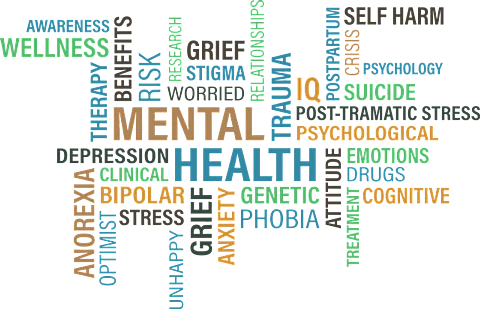With a lot of free time on their hands, young adults kept themselves entertained on OTT platforms. 33.4 percent of the students turned to watch content on OTT platforms such as Netflix, Amazon Prime, Hot Star, followed by playing video games (13.2 percent) and cultivating new hobbies (12.5 percent) within the confines of their premises. While students have missed their college campuses and are eager to return, 1 out of every 2 students say that the future of learning will be hybrid, says the survey. (IANS/SP)


